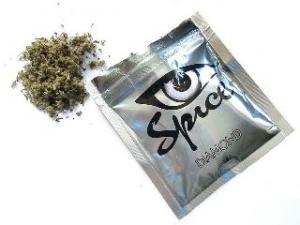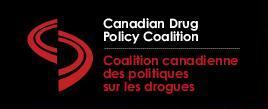
Spice and other synthetic cannabinoids and stimulants will be banned under the bill passed by the House (wikimedia.org)
US House Votes to Ban New Synthetic Drugs
As expected, the House of Representatives has passed a bill banning synthetic stimulants and cannabinoids. On the positive side, 98 members voted against responding to the drugs with a new prohibition.








